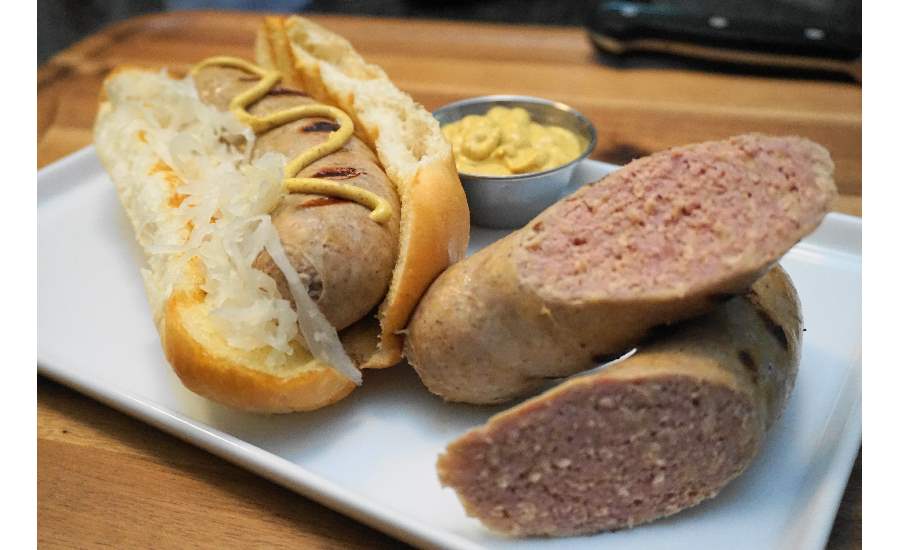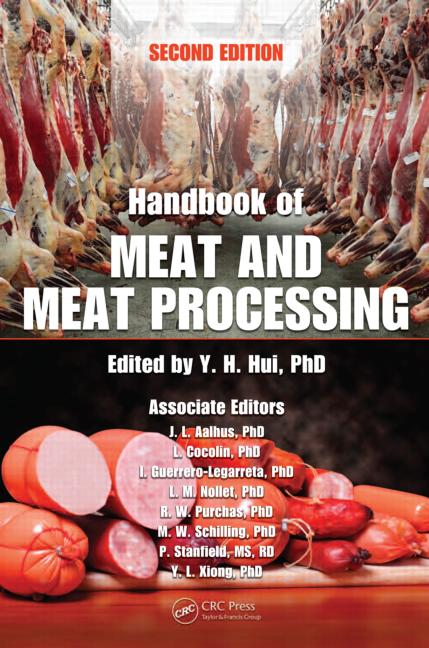A new product launch by Perdue Farms is a relatively frequent occurrence. Perdue, after all, is one of the giants in the chicken industry, and the company’s R&D team has new products to market on a regular basis. What was interesting about its latest line of products is that, for the first time, Perdue has entered the plant-based market — to some extent. The company hasn’t turned away from chicken entirely. It has, however, embraced the middle ground between the meat-based protein world and the plant-based protein world.
Perdue’s Chicken Plus line of chicken nuggets, tenders and patties blends cauliflower, chickpeas and plant protein with the company’s chicken protein. The company is touting the fact that one serving includes half a serving of vegetables along with its antibiotic-free chicken. The product is being targeted to flexitarian families who are looking to serve more vegetables without sacrificing taste or nutrition.
Increasingly, more of the larger meat processors are investing in alternatives to traditional meat, whether it be plant-based proteins or cell-cultured proteins. Chicken Plus products aren’t the first hybrid products to enter the marketplace, merely the latest. Hybrid chicken nuggets and burger patties can be found in supermarkets already, and more products are undoubtedly in the product development pipeline.
There has been plenty of discussion from plant-based protein advocates who vow that animal protein will be driven from the market place within a decade or two. That’s an unlikely outlook, according to Paul Shapiro, CEO of The Better Meat Co. The company specializes in vegetable proteins and worked with Perdue for its Chicken Plus line. To look at what may happen to the meat industry, he offers the liquid milk industry as an example.
“Ten years ago, fluid cow’s milk was about 99% of the fluid milk industry. Now, it’s 87%,” he explains. “You have soy milk, almond milk, coconut milk and so on that comprise about 13% of consumption in the United States today. That’s a big change, but it still means that cow’s milk dominates, with about 9 out of 10 cartons sold.”
The Better Meat Co., headquartered in Sacramento, Calif., was founded in May 2018 and started developing product lines over the next several months. The company began selling products directly to individual restaurants to prove that the concept was viable. However, he says that the company’s place in the industry will be as a supplier of vegetable protein to meat and plant-based protein processors.
“We have different lines for different types of products. We have lines for chicken, for pork and beef, and we have different lines for different applications of those types of products,” Shapiro explains. “On chicken, we have one product that works quite well in a nugget or a patty, but if you want to do a chicken sausage, we have a different product.”
When it comes to working with a processor like Perdue, The Better Meat Co. sends samples of its flagship products, so the processor’s R&D team can incorporate them into potential new products.
“Many meat companies are very familiar with animal protein, but they’re not as familiar with plant protein, and that’s where our expertise lies. We give them a head start with their R&D teams by giving them our formulas,” Shapiro says, adding that custom formulations are available if the meat processor needs something different from the standard formulations.
Shapiro doesn’t take an extreme viewpoint to animal protein than others in the plant-based protein world. However, he says that there is a food security and sustainability threat that exists. There are eight billion people on the planet and limited amount of space for them and the next billion or two to come.
“If we’re serious about wanting to feed the incoming billions of people who are going to inhabit this planet with us, and if we’re serious about wanting to do it in a way that doesn’t destroy the planet and our civilization in the process, then we have to get a lot more efficient about how we produce protein,” he says. “Yes, there is going to be plant-based meats. I also believe that there is going to be cultured meat in the future, but blending plant-based proteins into animal meat is a very efficient way of helping to address this problem in the near term.”








Report Abusive Comment